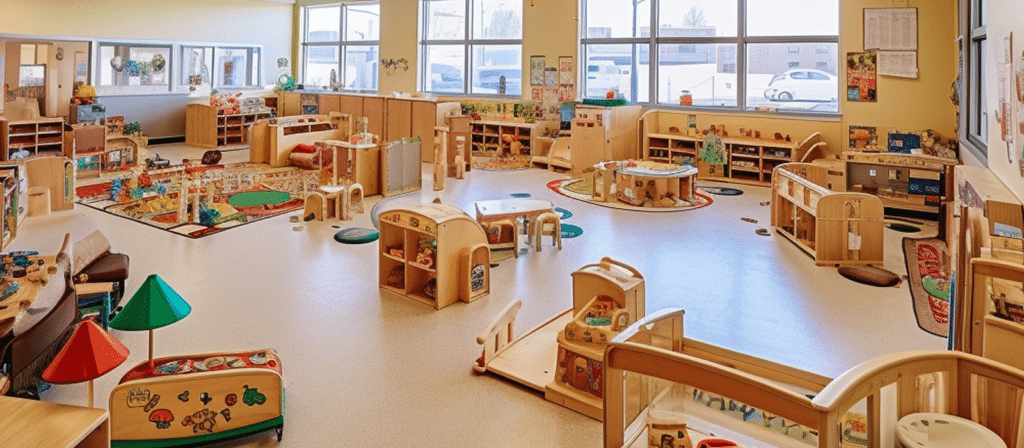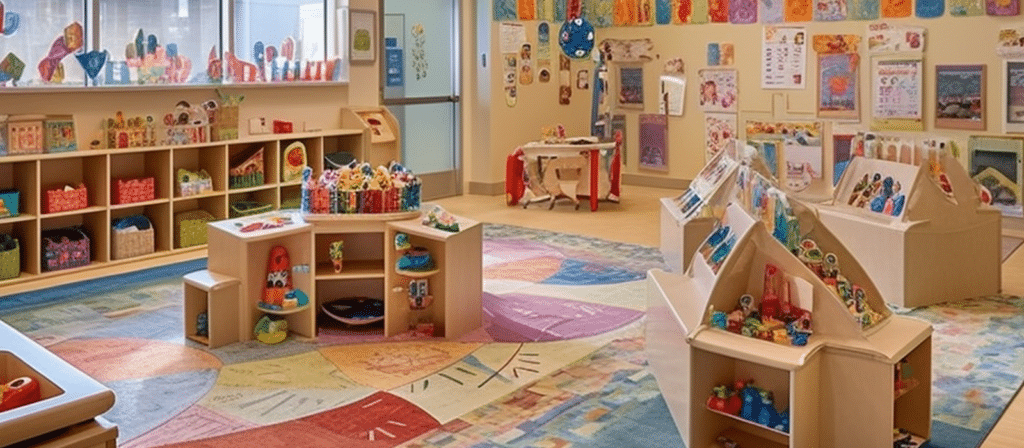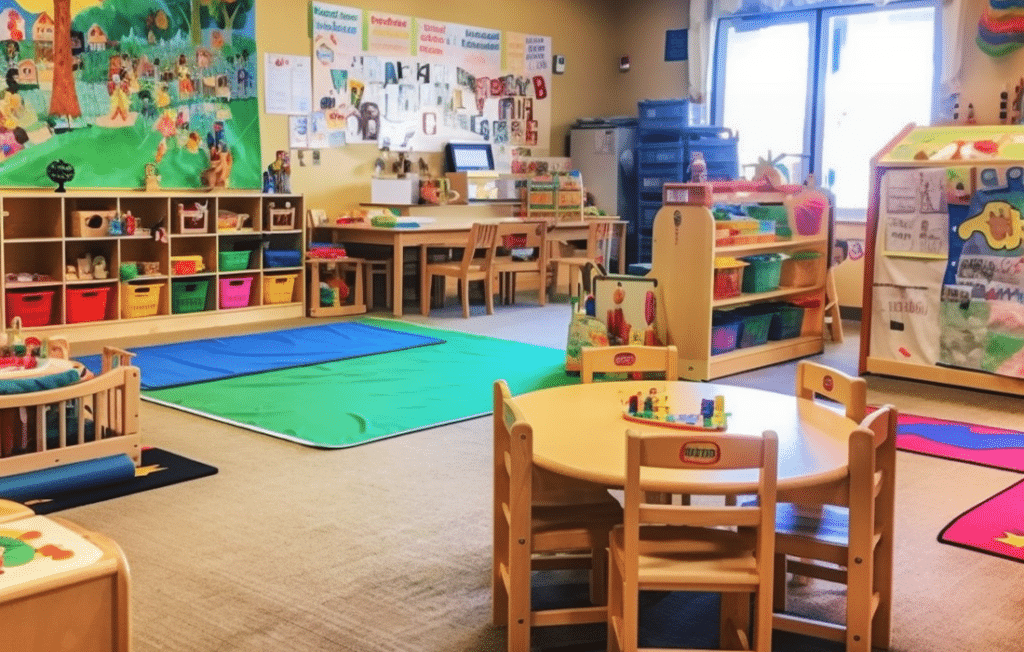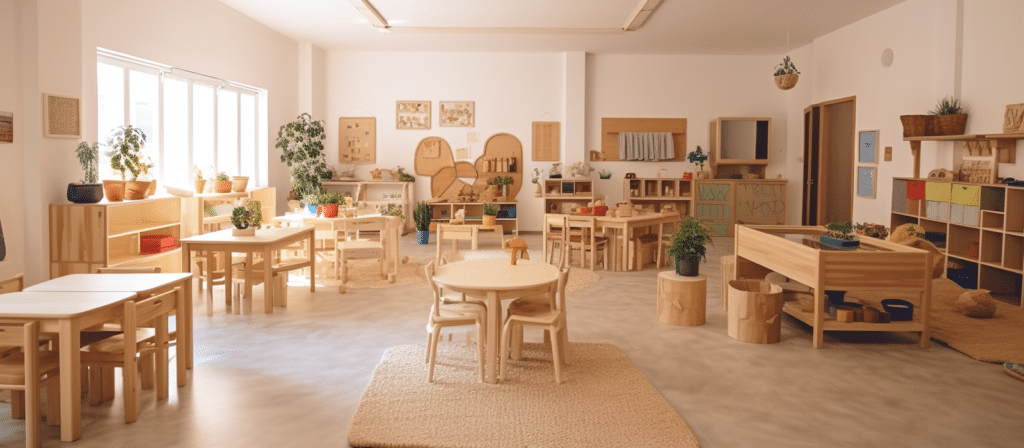Have you ever wondered about the pivotal role that preschool tables play in shaping a child’s early learning experience? Join us on a journey to uncover the significance of these seemingly simple pieces of furniture in the development of young minds.
The Role of Preschool Tables in Early Learning is crucial, as they serve as the foundation for various educational activities and social interactions. These tables are not just surfaces for placing materials; they are platforms for exploration, collaboration, and skill development. Preschool tables create a conducive environment for young learners to engage with the world around them.
Why are preschool tables so important?
Preschool tables provide a designated space for children to engage in a range of activities that promote learning and social interaction. These tables are designed with the needs of young children in mind, offering the perfect height and size for them to comfortably sit and explore.
With their colorful and inviting designs, preschool tables create an engaging environment that encourages children to participate in group activities, such as collaborative projects or circle time discussions. These tables also serve as a central hub for hands-on learning experiences, such as arts and crafts, sensory play, and building blocks.

But, it’s not just about the physical aspect of the tables.
Preschool tables also play a significant role in promoting social and emotional development. When children gather around a table, they learn important skills like sharing, taking turns, and respecting personal space. These interactions help them develop crucial social skills that will benefit them throughout their lives.
Furthermore, preschool tables can be customized to accommodate different learning styles and needs. Some tables may have built-in storage compartments to keep supplies organized, while others may have adjustable heights to cater to children of varying sizes. This flexibility ensures that every child can participate comfortably and feel included in the learning process.
Can preschool tables enhance cognitive development?
Absolutely! Preschool tables are not just a place for children to sit and engage in activities; they are a catalyst for cognitive development. These tables provide a stable and secure surface for children to explore and manipulate objects, which helps develop their fine motor skills.
Through activities like puzzles, sorting games, and writing exercises, children enhance their hand-eye coordination, problem-solving abilities, and concentration. The tactile experience of working on a table stimulates their senses and boosts their cognitive development.
Additionally, preschool tables can be used as a platform for introducing early literacy and numeracy concepts. By incorporating learning materials like alphabet and number charts, children can practice letter recognition, counting, and basic arithmetic. This early exposure to educational content sets a solid foundation for future academic success.

What about the role of preschool tables in fostering creativity?
Preschool tables are a haven for creativity. When children have a designated space to work and experiment, their imagination flourishes. These tables provide a blank canvas for artistic endeavors, allowing children to express themselves through drawing, painting, and sculpting.
By offering a comfortable and supportive workspace, preschool tables inspire children to explore their creative potential. Whether it’s creating a masterpiece with crayons or building a magnificent structure with blocks, these tables provide a safe and encouraging environment for children to unleash their artistic side.
How can preschool tables impact socialization?
Socialization is a crucial aspect of early childhood development, and preschool tables play a vital role in fostering positive social interactions. When children gather around a table, they learn to share resources, take turns, and collaborate with their peers.
Through group activities and discussions facilitated by the table, children develop essential social skills like listening, sharing ideas, and resolving conflicts. These interactions promote empathy, cooperation, and teamwork, qualities that are essential for healthy social relationships.
Furthermore, preschool tables create opportunities for children to engage in cooperative play, which enhances their socialization skills. Whether it’s building a tower together or engaging in a pretend play scenario, these activities encourage children to communicate, negotiate, and work as a team.

Conclusion
Preschool tables are more than just furniture; they are catalysts for learning, development, and creativity. From promoting cognitive skills to fostering socialization, these tables offer a supportive and engaging environment for young children to thrive.
So, if you’re looking to create an ideal early learning environment, don’t underestimate the power of preschool tables. Invest in quality tables that are tailored to the unique needs of young children, and watch as their learning experiences soar to new heights!













